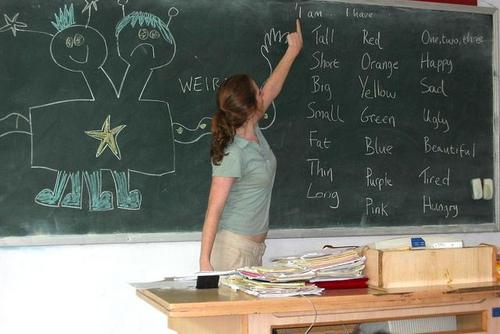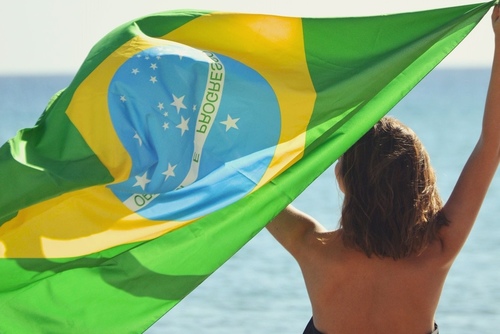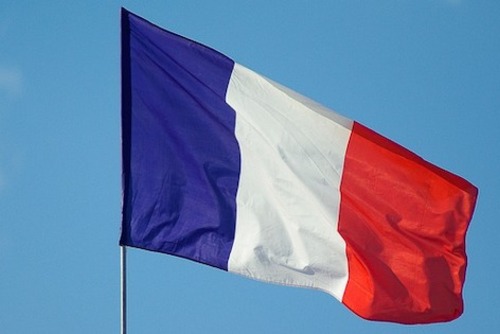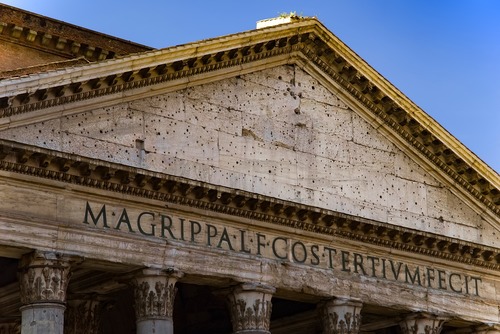Researching destinations and interacting with local people can make a big difference in how much you integrate into European society and enjoy the experience of travelling here.
There are so many different countries and languages in Europe, and picking up the basic words and phrases for places you visit is highly recommended.
Language is an expressive and communicative medium that is dynamic. Slang is a distinct linguistic layer that gives language additional colour, revealing a door into people's communication.
In this article, we will explore the realm of British, French, Spanish and Italian slang, and include some commonly used phrases you might never have come across before.
The ability to remove boundaries and enable real conversations with locals is one of the biggest advantages of studying slang. Using slang terms and expressions in your speech gives the other person an instant sense of comfort and community, which can result in deeper discussions.
Knowing basic slang will really help you understand local people, whether you're exploring the tourist attractions in London, ordering coffee at a charming café in Paris or striking up a discussion with other tourists in a busy square in Barcelona.
Here is our guide to slang around the continent and some essential words and phrases to learn.
British Slang

English is one of the most spoken languages in the world with an estimated over one billion speakers. But how many people know or can translate the world famous British slang?
British slang is used throughout the United Kingdom and there are lots of slang and local dialect words used in different parts of the country. Accents vary depending on where you are, but throughout the UK it is common to hear people using words like:
Wicked, sick, tidy, lush, bostin, ace, mint and grand: All meaning positive good things like cool.
Quid: Used to describe the £1 coin.
Apples and pears: Used in cockney rhyming slang meaning stairs
BYOB: Means 'bring your own bottle'
Chin-wag: Gossip
Brekkie: Breakfast
Cuppa or Brew: A cup of tea - important to know when exploring the UK considering the amount of tea Brits drink.
You're having a giraffe: You're having a laugh/joking.
If you are not a native English speaker and keen on the idea of improving your level, view this guide to the best language schools in the UK.
French Slang
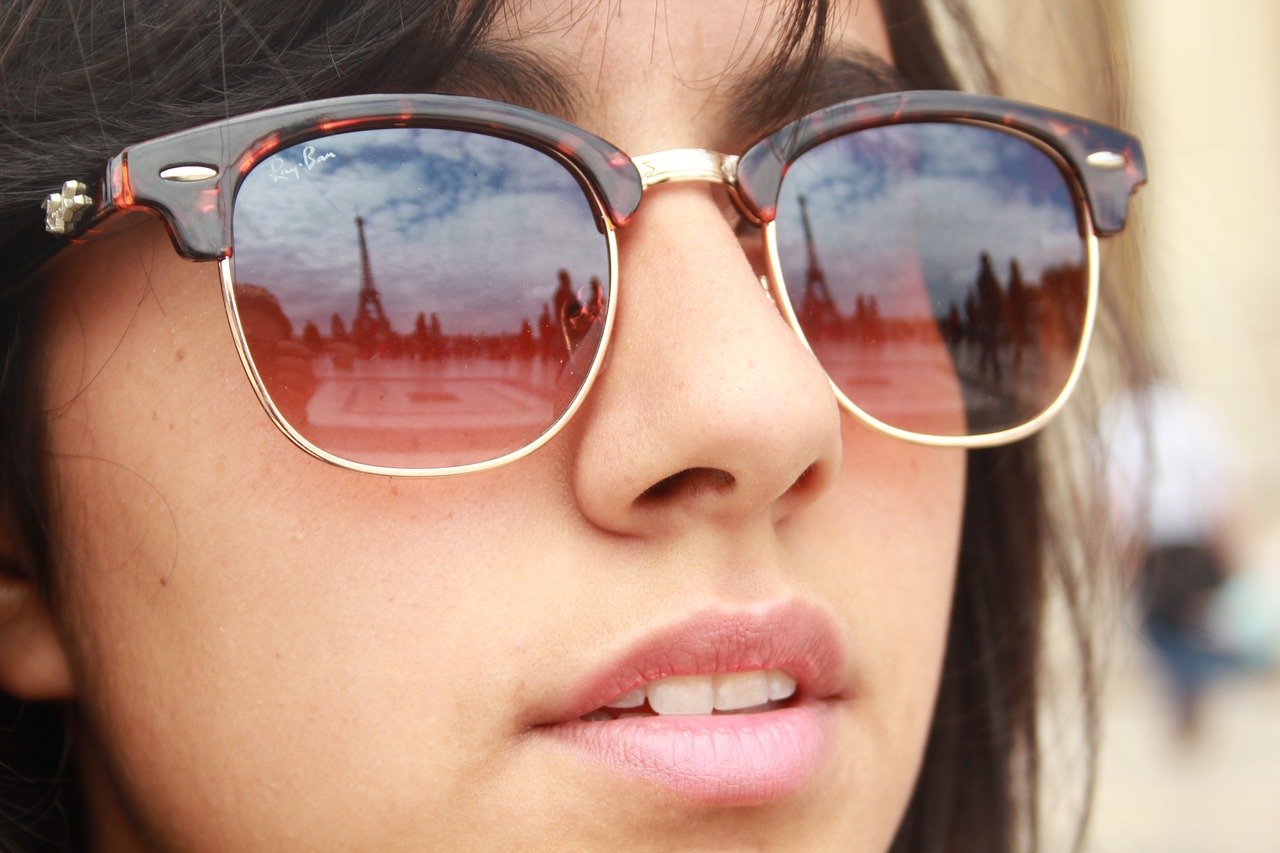
France, with its cultural diversity and expressions has a lively array of slang which can are used in everyday conversations, from the crowded streets of Paris to its charming end of the provinces.
French is one of the most fascinating languages in the world but only when you can only speak it you can really understand it correctly.
The basic French phrases that you learn in school is not exactly what French natives speak. Why is this? Because native French speakers speak French slang in their day-to-day routine.
French slang is part of the country's unique tradition and modernity and if you want to speak like native French speakers adding some French slang phrases to your French learning dictionary is crucial. You don't need to know advanced-level French to learn new slang terms.
French slang is not just about words but also about tone and conveyance. The French usually communicate in nonverbal form. They typically emphasize nonverbal communication.
Pay attention to the facial expressions and gestures; pay attention to the body language. Pay attention to the speech pattern with facial and body expressions when conversing. This approach will not only assist you in understanding the words but will also help you understand the nuanced hidden meanings in French slang.v
Common French Slang Expressions
In every language, slang is so vital in expressions of any emotion. Slang involves keeping yourself up-to-date, and you should know the latest trends. You should follow the music, social media, and French pop culture to grasp the newest slang expressions.
Are you yearning to sound like a native French speaker? Include French slang in your daily vocabulary. You don't need to remember advanced-level French slang to pick up these colloquial expressions. Let's dive deep into the French slang words.
C'est le Top! Means "It's great!" or "It's the best!" It's a casual way to express enthusiasm or approval.
Ça roule?—literally translated as "Is it rolling?" but used colloquially to mean "How's it going?" or "Is everything alright?"
C'est la galère: This expression translates to "It's a hassle" or "It's a pain." Use it to convey frustration or difficulty.
Trop cool!: Similar to "too cool" in English, this phrase means "super cool" or "awesome."
Avoir la pêche: Literally meaning "to have the peach," this phrase is used to describe feeling energetic or lively.
Ça déchire! Meaning "It rocks!" or "It's awesome!" This expression is used to describe something as impressive or exciting.
Engage yourself in conversation: With native speakers, absorb yourself in the language. This conversation experience can help you understand the nuances of slang and how to use them properly.
Participate in conversation with native speakers to immerse yourself in the language. Engaging in these conversational experiences can aid in grasping the subtleties of slang and learning how to use them appropriately.
Common French Colloquialisms:
Buffer (for consumption)
The colloquial term "verb buffer" refers to eating in French instead of the actual verb "manager." On the other hand, Buffer conveys an impression of overindulging or greed. Teenagers and younger people use this word a lot.
Un truc (a thing/ the thingie):
Conversations in French daily frequently employ this word. The French word for "a thing" is simply un truc. When discussing something we can't remember the name of, we typically refer to it as the thingie! In English.
Language in French slang must be dynamic, adapting to cultural shifts in society rather than static. French slang is a diverse reflection of the country's wide population range and the ability to soak up influence from different sources.
If you want to plan a trip to study French view this guide to the best language schools in France.
Slang in Spain

Language is a conversation medium; it reflects a specific culture and its identity. Some of the most common Spanish slang phrases you will hear include:
Vale: Used daily, literally meaning okay.
Guiri: Like a “gringo” which is used to describe foreigners.
Flipar: To go crazy
Majo: Cute
¡Hostia!: Damn!
¡Venga!: Let's go!
There are top rated Spanish language schools in Spain which can help you improve your language skills, or you might want to learn online via a course or app.
Slang in Italy

Is there a more beautiful language in the world than Italian? We struggle to think of one.
Travel to Italy and you will not only hear Italian, but also some slang words and phrases which are used throughout the country.
Basta: This means stop or enough, and can be used everywhere from restaurants to people.
Prego: One of the most used phrases in Italian translating as “you’re welcome”.
Figurati: Don't mention it
If you do like the idea of visiting Italy check out these useful Italian travel phrases before you go.
How to Grasp Local Slang
Engage yourself with local media TV shows, music, apps, YouTube and podcasts. These provide an actual representation of how people speak with others in everyday life situations. Additionally, popular social media platforms can be valuable resources for increasing and staying up-to-date with important slang phrases to know.
Plan Your European Adventure
Going on a Europe tour whether backpacking, interrailing or just exploring the continent provides an unmatched chance to experience many cultures and meet people from different cultures and walks of life.
You can improve your travel experiences, gain a deeper understanding of other cultures, and make enduring memories that cut through language boundaries by learning the basics of new languages and embracing local terminology.
You might want to get started with these tips how to say hello in different languages.
Spend some time learning a few slang terms before you go on your next trip to Europe; you'll be surprised at the connections and reactions.
Stay curious, and submerge yourself in the vividness of linguistic diversity. Whether you are practising your language skills in Spanish or French, the world of slang is a captivating and essential part of language learning.
If you want to get to grips with the language before departing check out a website or app like Lingopie.



